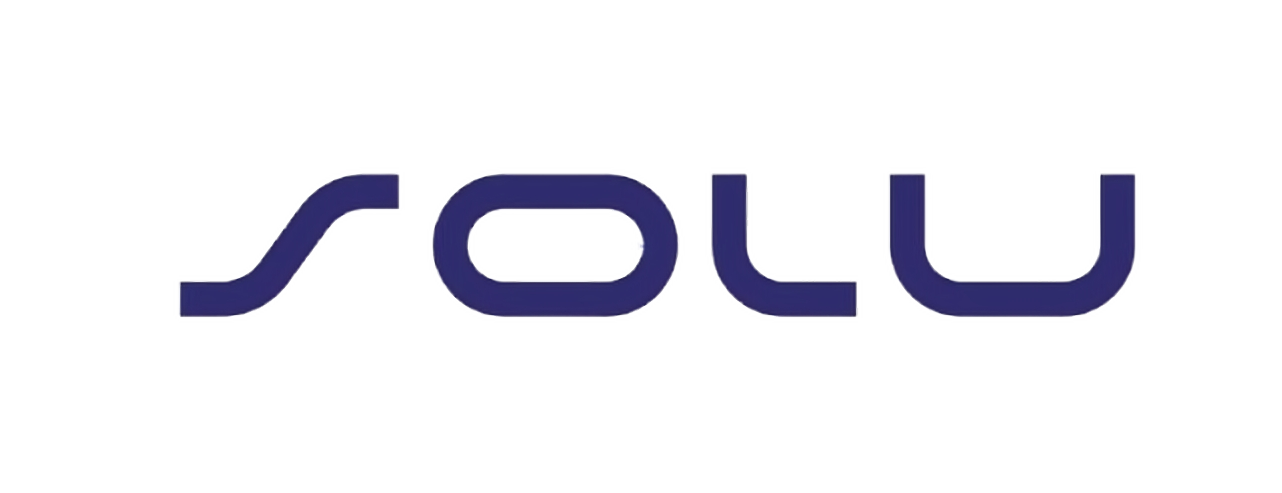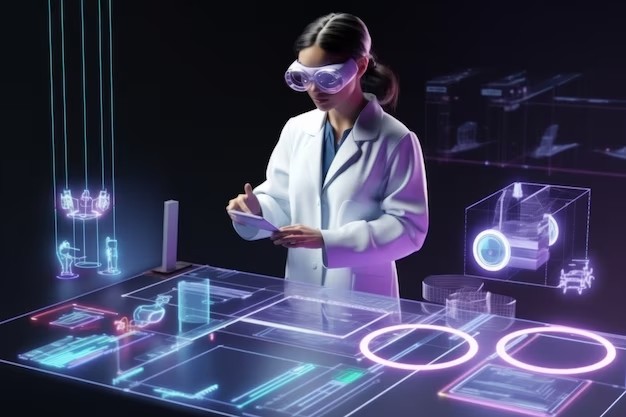
The Future Of Healthcare: How Technology Is Revolutionizing The Industry
Technology is rapidly transforming every aspect of our lives, and the healthcare industry is no exception. From wearable devices that track our vital signs to artificial intelligence that can diagnose diseases, new technologies are emerging all the time that are having a profound impact on the way we deliver and receive care.
In this blog post, we will explore some of the most exciting trends in healthcare technology and discuss how they are shaping the future of the industry.
1. Artificial Intelligence (AI)
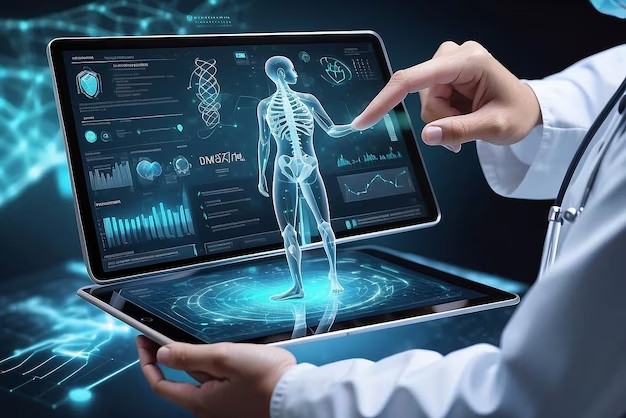
AI is one of the most transformative technologies in healthcare today. AI-powered algorithms are being used to develop new drugs and therapies, diagnose diseases with greater accuracy, and personalize treatment plans for individual patients.
For example, AI is being used to develop virtual assistants that can answer patients' questions about their health, chatbots that can provide emotional support, and even AI-powered robots that can perform surgery.
2. Wearable Devices
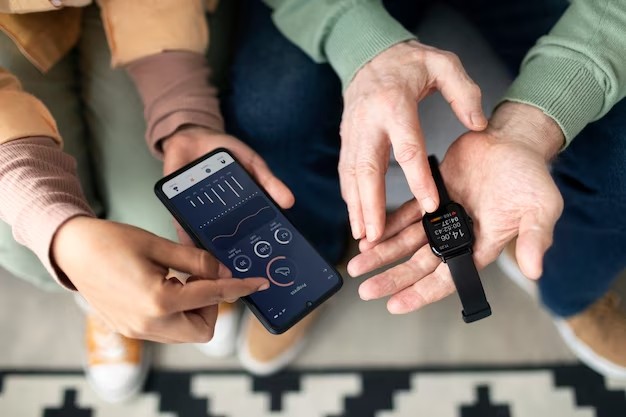
Wearable devices, such as smartwatches and fitness trackers, are becoming increasingly popular, and they are generating a wealth of data about our health. This data can be used to track our activity levels, sleep patterns, and vital signs, and it can help us to identify potential health risks early on. For example, wearable devices can be used to track heart rate and blood pressure, which can help to identify patients who are at risk of heart disease or stroke. They can also be used to track sleep patterns, which can help to identify patients who are at risk of depression or other mental health problems.
3. Telemedicine

Telemedicine is the use of telecommunications technology to provide healthcare services remotely. This can include video conferencing, phone calls, and even text messaging. Telemedicine is becoming increasingly popular, as it allows patients to receive care from the comfort of their own homes.
For example, telemedicine can be used to provide consultations with doctors, therapists, and other healthcare providers. It can also be used to monitor patients' chronic conditions, such as diabetes and heart disease.
4. Genomics
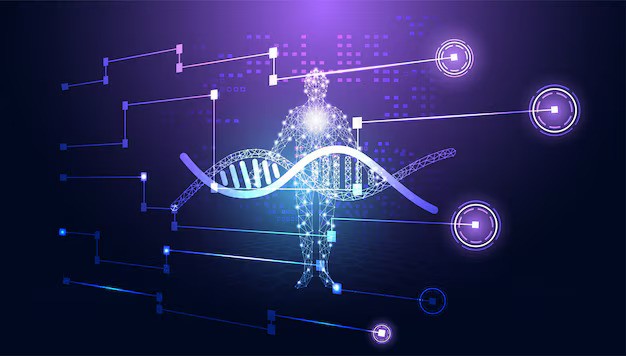
Genomics is the study of genes and their role in health and disease. Genomics is a rapidly growing field, and it is leading to the development of new diagnostic tools and treatments.
For example, genomics can be used to identify patients who are at risk of developing certain diseases, such as cancer or heart disease. It can also be used to develop personalized treatments for patients, based on their individual genetic makeup.
5. 3D Printing
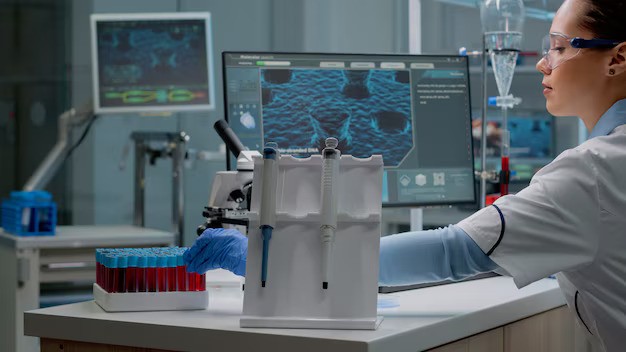
3D printing is a technology that allows for the creation of three-dimensional objects from a digital file. 3D printing is being used in healthcare to create a variety of products, including prosthetics, implants, and even organs. For example, 3D printing can be used to create custom-made prosthetics for patients who have lost limbs. It can also be used to create implants for patients who need surgery, such as hip or knee replacements.
The Future of Healthcare
The future of healthcare is bright, and technology will play a major role in shaping it. The technologies discussed in this blog post are just a few of the many that are having an impact on the industry. As these technologies continue to develop, we can expect to see even more innovative and transformative changes in the way we deliver and receive care.
In addition to the trends discussed above, there are a number of other technologies that are on the horizon that have the potential to revolutionize healthcare. These include:
1. Nanotechnology
Nanotechnology is the study of matter at the atomic and molecular level. Nanotechnology has the potential to be used to develop new drugs and therapies, as well as to create new diagnostic tools.
2. The Internet of Things (IoT)
The IoT is a network of interconnected devices that can collect and share data. The IoT has the potential to be used to improve patient monitoring, as well as to develop new ways to manage chronic conditions.
3. Virtual reality (VR) and augmented reality (AR)
VR and AR are technologies that can create immersive experiences. VR and AR have the potential to be used to train healthcare providers, as well as to provide therapy for patients.
The future of healthcare is full of possibilities, and technology will play a central role in shaping it. As these technologies continue to develop, we can expect to see even more innovative and transformative changes in the way we deliver and receive care.
Share:
Request A Call Back
Your next big leap starts with a simple conversation, let's sparks the next big idea together

